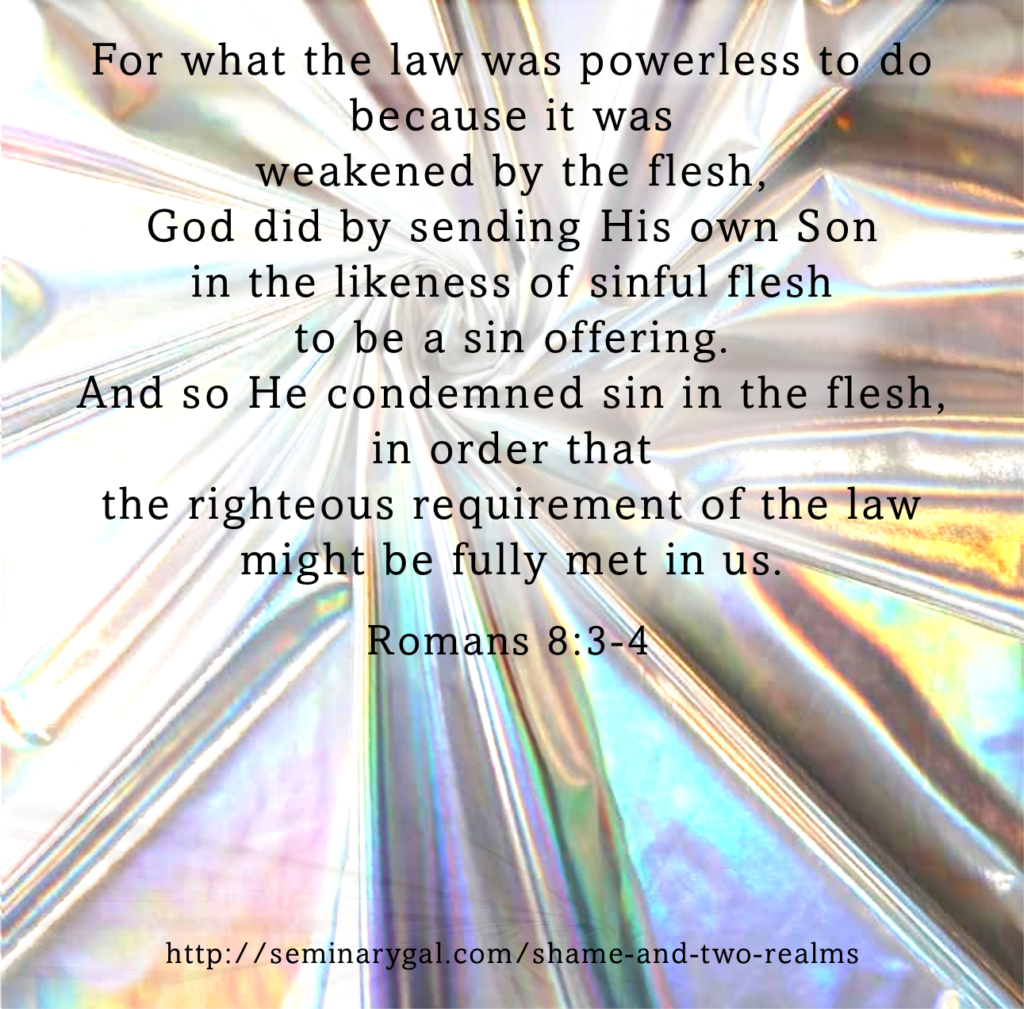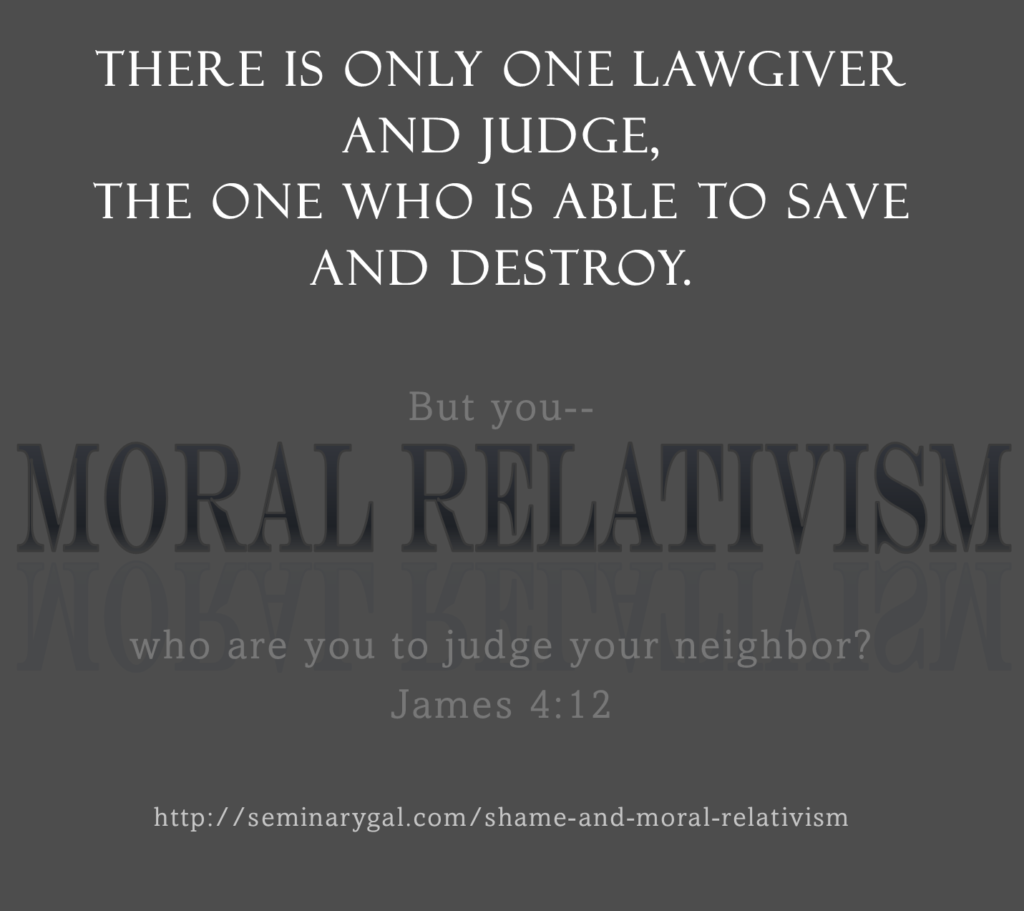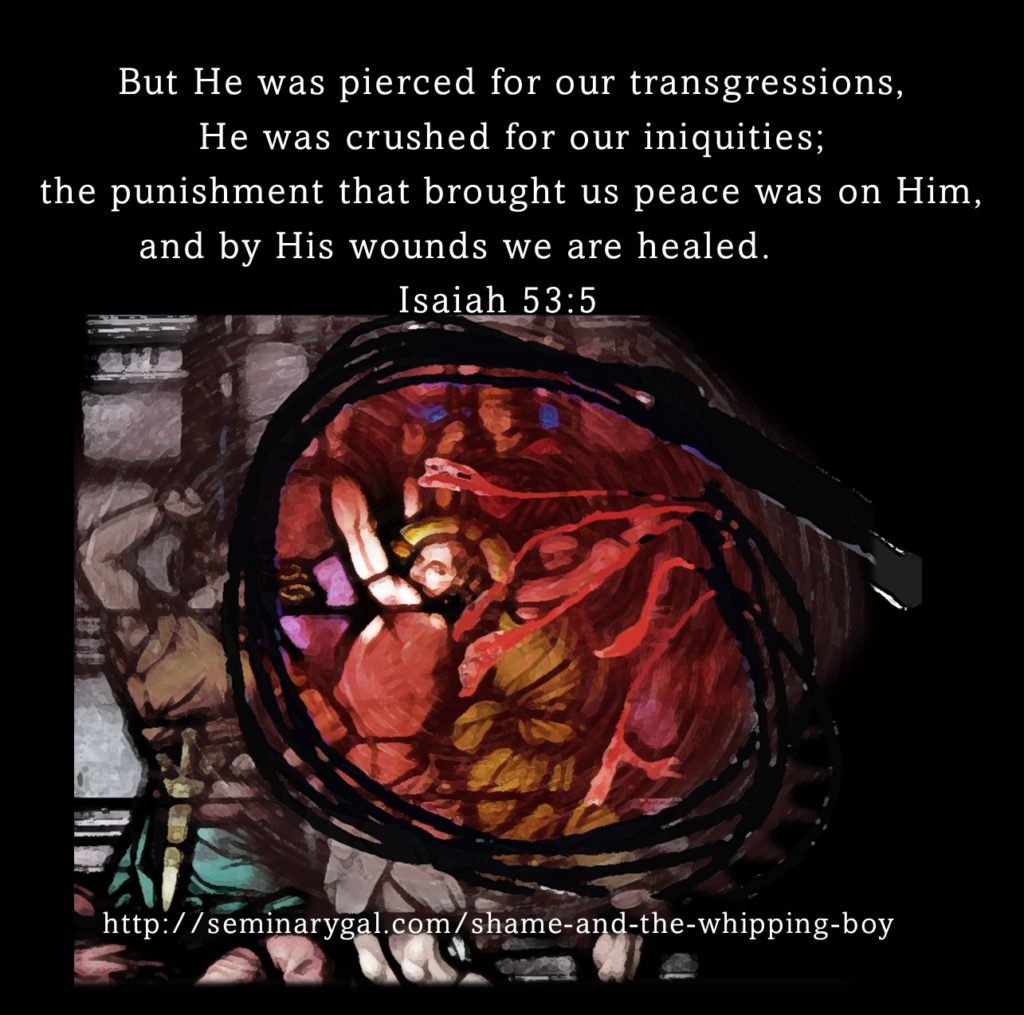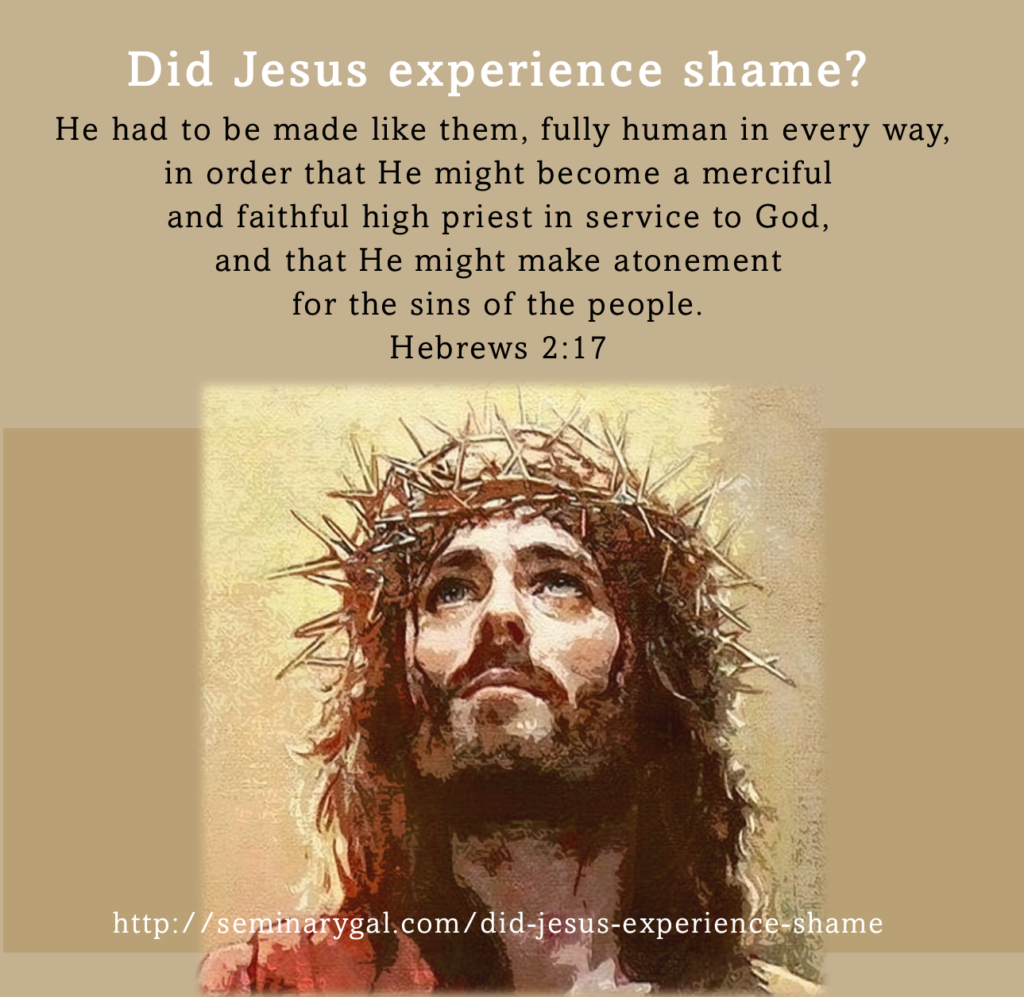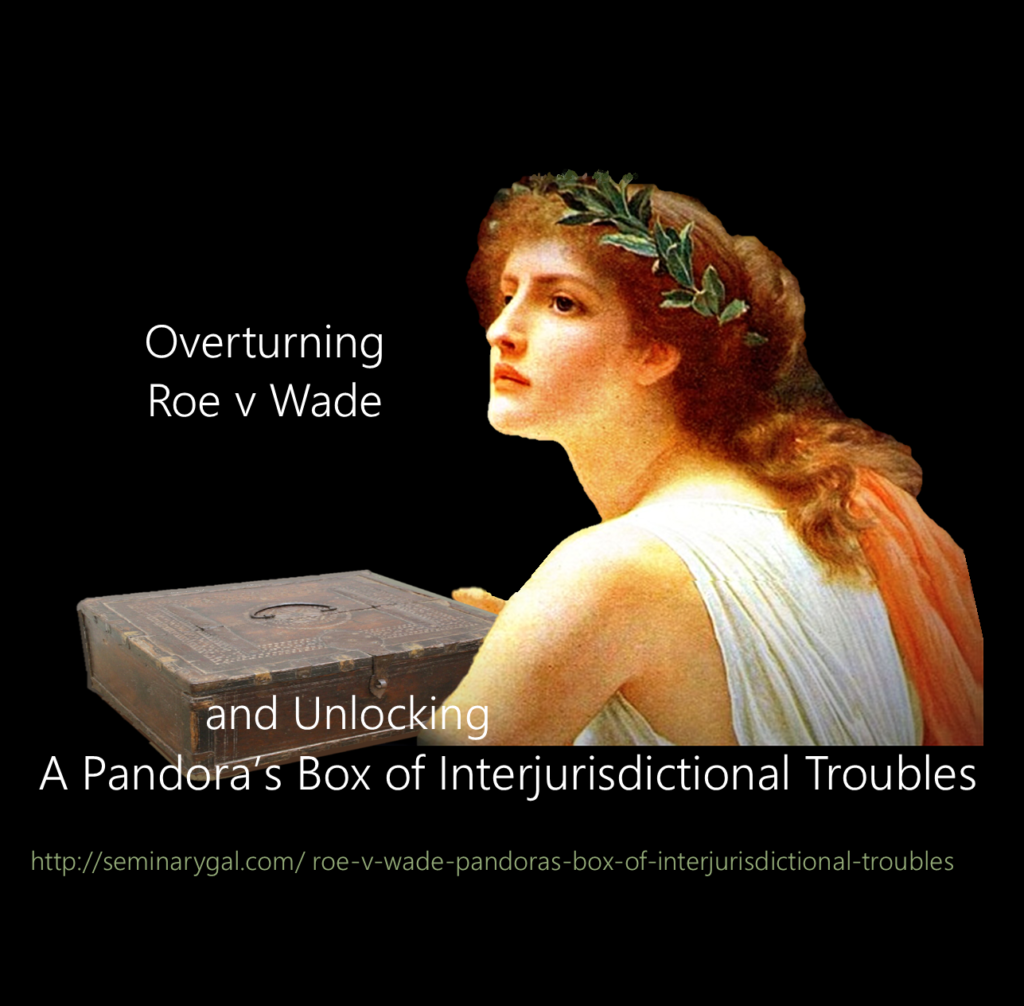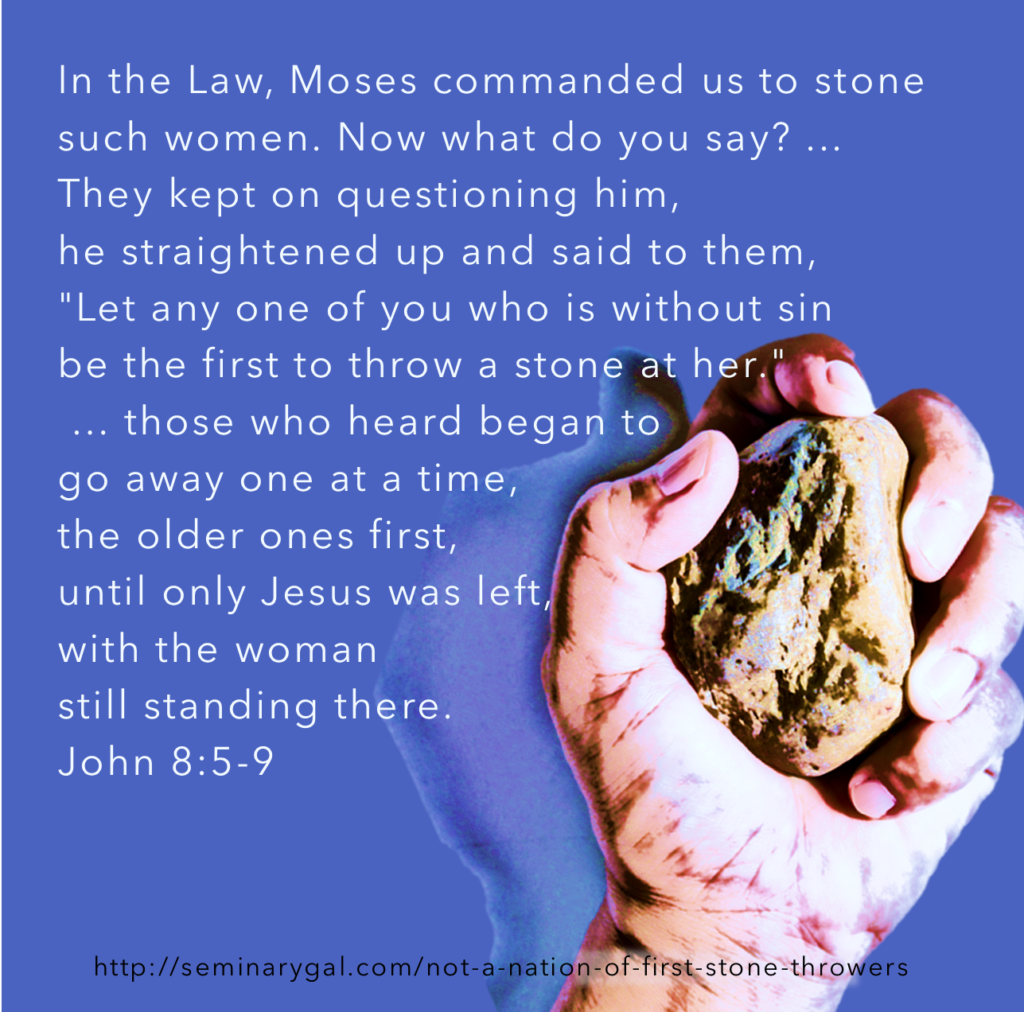Now, whether you look at the Hebrew language or the Greek language of the Bible, the very same word for sin is, at times, also translated sin offering. Doesn’t make sense, right? From a purely human perspective, sin cannot be a sin offering. But from God’s viewpoint, all our iniquity (sin) was laid upon Jesus by the hand of God the Father…like the High Priest did with the scapegoat sent into the wilderness from ages past.
But there are huge distinctions! Yes, our sin carried to death by Jesus as an act of divine obedience, a sacrifice. But because Jesus is God and the obedient Son, it was also a sin offering by Him…completely righteous, perfectly holy, and fully glorifying to the Father as the purest and most holy of sacrifices.

Let’s look again at Romans 8:3-4. “For what the law was powerless to do because it was weakened by the flesh, God did by sending His own Son in the likeness of sinful flesh to be a sin offering. And so He condemned sin in the flesh, in order that the righteous requirement of the law might be fully met in us, who do not live according to the flesh but according to the Spirit.“
Also remember, Jesus was no whipping boy,
no mere ancient scapegoat sent off to die.
There was far more to the Crucifixion than just punishment for Jesus
while retaining our own moral agency,
enabling us to start each year with a clean slate to sin all over again.
No, our sin was “imputed” to Christ…as the hymn “It Is Well” says, “not in part, but the whole”. From a divine perspective, all the iniquity/ sin that was ours (humanity’s whole) was instead offered to God and paid for—in full—by Jesus’ blood.
Jesus, who identified with us through His Incarnation, Baptism, and now Crucifixion…was made to “be sin”, in the likeness of sinful man for the purpose of being the sin offering back to God on our behalf.
How did this do anything different than the scapegoat?
What does the Bible say?
“And so He condemned sin in the flesh, in order that the righteous requirement of the law might be fully met in us, who do not live according to the flesh but according to the Spirit.”
Here’s what’s amazing: no goat or sheep—even ones sent or sacrificed—could ever fully meet our “righteous requirement” like Jesus did. How did He do that? Stay tuned….
